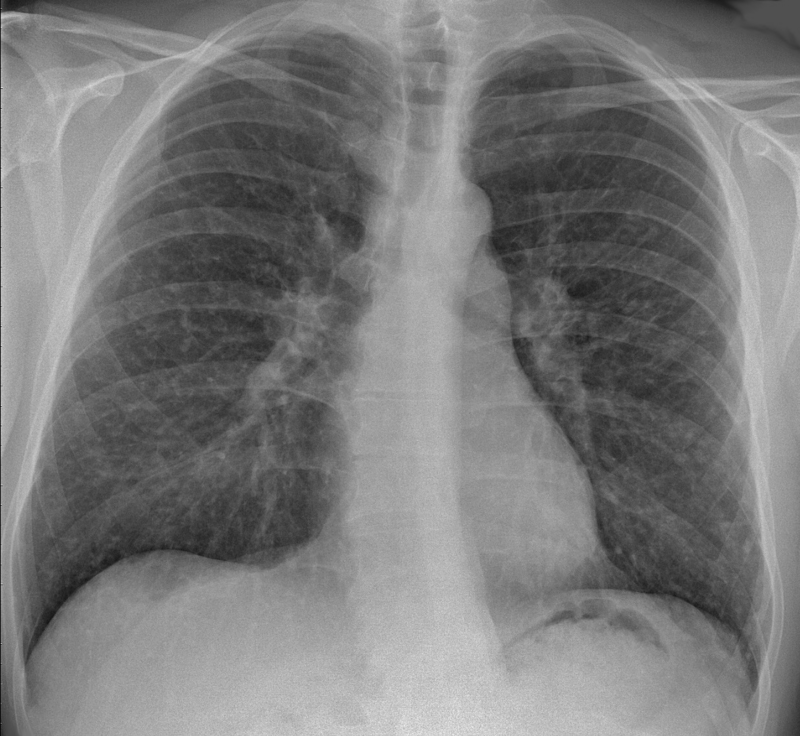Sarcoidosis is a rare inflammatory disease that can affect any organ in the body. It occurs when clusters of inflammatory cells form lumps, called granulomas, in various tissues and organs. These granulomas can alter the normal structure and function of the affected organs, leading to a range of symptoms.
Types:
There are different types of sarcoidosis based on the organs affected. The most common type is pulmonary sarcoidosis, which primarily affects the lungs. However, sarcoidosis can also affect other organs such as the skin, eyes, lymph nodes, liver, and heart.
Signs and Symptoms:
The signs and symptoms of sarcoidosis vary depending on the organs involved. Common symptoms include persistent cough, shortness of breath, chest pain, fatigue, fever, swollen lymph nodes, skin rashes, joint pain, and blurred vision. In some cases, sarcoidosis may cause no symptoms at all and is only discovered incidentally during medical tests for other conditions.
Cause or Causative Agents:
The exact cause of sarcoidosis is unknown. It is believed to result from an abnormal immune response to an unknown substance, possibly triggered by genetic or environmental factors. Some researchers suggest that certain infections, environmental exposures, or genetic predispositions may play a role in its development.
Prevention:
Since the cause of sarcoidosis is unclear, there are no specific preventive measures. However, maintaining a healthy lifestyle, avoiding exposure to environmental toxins, and managing underlying health conditions may help reduce the risk of developing sarcoidosis or its complications.
Control:
Managing sarcoidosis involves monitoring the progression of the disease and treating symptoms to improve quality of life. Regular medical check-ups and screenings are important for early detection and intervention. Additionally, avoiding smoking and minimizing exposure to potential triggers can help control the disease.
Treatment:
Treatment for sarcoidosis depends on the severity of symptoms and the organs affected. In many cases, sarcoidosis resolves on its own without treatment. However, for those with persistent or severe symptoms, medications such as corticosteroids, immunosuppressants, and anti-inflammatory drugs may be prescribed to reduce inflammation and suppress the immune response. In some cases, surgery may be necessary to remove granulomas or damaged tissue, especially if they are causing complications or affecting organ function.
In conclusion, sarcoidosis is a complex and unpredictable disease that can affect multiple organs in the body. While there is no known cure, early detection, proper management, and treatment can help improve outcomes and quality of life for individuals living with this condition.

